-
 Bitcoin
Bitcoin $108,092.5658
-0.99% -
 Ethereum
Ethereum $2,546.4530
-1.12% -
 Tether USDt
Tether USDt $1.0000
0.01% -
 XRP
XRP $2.2676
0.12% -
 BNB
BNB $659.1616
-0.30% -
 Solana
Solana $148.8297
-1.97% -
 USDC
USDC $1.0000
0.02% -
 TRON
TRON $0.2874
-0.30% -
 Dogecoin
Dogecoin $0.1676
-3.64% -
 Cardano
Cardano $0.5765
-1.73% -
 Hyperliquid
Hyperliquid $37.2069
-6.18% -
 Bitcoin Cash
Bitcoin Cash $497.9918
-0.10% -
 Sui
Sui $2.8427
-2.26% -
 Chainlink
Chainlink $13.2689
-2.06% -
 UNUS SED LEO
UNUS SED LEO $9.0541
0.15% -
 Stellar
Stellar $0.2487
-0.92% -
 Avalanche
Avalanche $17.7710
-3.09% -
 Shiba Inu
Shiba Inu $0.0...01167
-1.28% -
 Toncoin
Toncoin $2.7488
-2.80% -
 Hedera
Hedera $0.1559
-2.28% -
 Litecoin
Litecoin $85.8945
-2.48% -
 Monero
Monero $316.0985
-2.09% -
 Dai
Dai $1.0001
0.02% -
 Polkadot
Polkadot $3.3481
-1.83% -
 Ethena USDe
Ethena USDe $1.0000
0.00% -
 Bitget Token
Bitget Token $4.2910
-3.04% -
 Uniswap
Uniswap $7.4131
-0.09% -
 Aave
Aave $280.9266
-2.67% -
 Pepe
Pepe $0.0...09816
-3.18% -
 Pi
Pi $0.4557
-2.29%
how to buy and sell bitcoin for free
Mar 22, 2025 at 11:49 pm
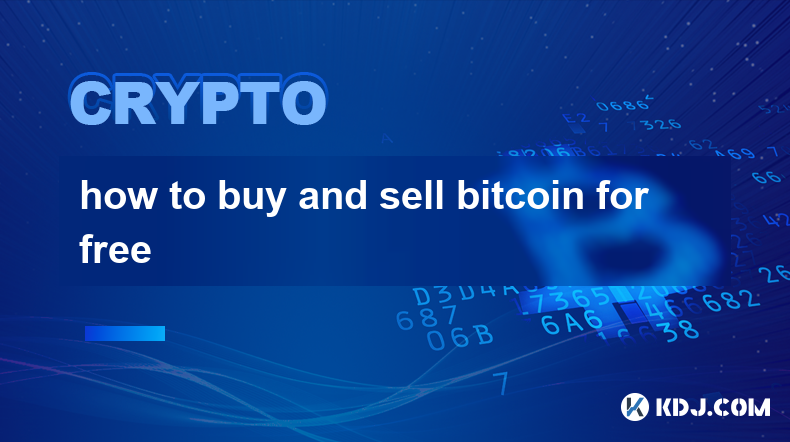
How to Buy and Sell Bitcoin for Free (or, Minimizing Fees)
The allure of free Bitcoin transactions is strong, but truly free trading doesn't exist. Various fees are inherent in the process, from network fees (gas fees) to exchange trading fees and potentially even withdrawal fees. However, you can significantly minimize these costs. This article explores strategies to reduce expenses when buying and selling Bitcoin.
Understanding Bitcoin Transaction Fees
Bitcoin transactions require miners to validate and add them to the blockchain. These miners are incentivized by transaction fees paid by the sender. Higher fees generally result in faster transaction confirmation times. Network congestion can also drastically impact these fees, causing them to spike. You can't avoid these fees entirely, but you can strategically manage them.
Minimizing Bitcoin Trading Fees: Exchange Selection
Different cryptocurrency exchanges offer varying fee structures. Some exchanges advertise low trading fees or even zero fees for certain trading pairs or volume tiers. However, always carefully scrutinize the terms and conditions, as hidden fees might exist in areas like deposits, withdrawals, or inactivity. Look for exchanges with transparent fee schedules. Compare fees across several platforms before committing. The cheapest option isn't always the best; security and reputation should be primary considerations.
Minimizing Withdrawal Fees
Many exchanges charge fees for withdrawing Bitcoin to your personal wallet. These fees can vary significantly. Some exchanges offer free withdrawals, but often only for specific cryptocurrencies or with limitations on withdrawal amounts. Always check the fee schedule before initiating a withdrawal. Consider consolidating your withdrawals to reduce the total fee burden.
Peer-to-Peer (P2P) Trading Platforms
P2P platforms allow you to buy and sell Bitcoin directly from other users. While this can potentially offer better prices and lower fees compared to centralized exchanges, it introduces a higher risk of scams. Thoroughly vet your trading partner and use secure payment methods. Understanding the platform's escrow system and dispute resolution process is crucial before engaging in any P2P transaction. This approach requires more caution and research than using a reputable exchange.
Using a Hardware Wallet for Security
Regardless of the method you choose to buy and sell Bitcoin, securing your holdings is paramount. A hardware wallet offers the highest level of security for storing your private keys. While the initial investment for a hardware wallet is a cost, it's an investment in protecting your assets from theft or loss. The cost of a hardware wallet is a small price to pay compared to the potential loss of your Bitcoin.
Strategic Timing for Buying and Selling
Market volatility can influence the effective cost of buying and selling Bitcoin. Timing your trades strategically can help you minimize losses from fluctuating fees. For example, conducting transactions during periods of low network congestion can result in lower transaction fees. However, predicting market movements is challenging, and attempting to time the market perfectly is inherently risky. Focus on long-term strategies rather than trying to outsmart the market.
The Importance of Security
Prioritizing security measures when buying and selling Bitcoin is paramount. Use strong passwords, enable two-factor authentication (2FA) wherever possible, and be wary of phishing scams. Never share your private keys with anyone. Understand the risks associated with online trading and only invest what you can afford to lose.
Step-by-Step Guide to Buying Bitcoin with Minimal Fees (Illustrative Example)
This example uses a hypothetical scenario and doesn't represent any specific exchange. Always conduct your own research and due diligence before choosing a platform.
- Research and choose a cryptocurrency exchange: Compare fees, security measures, and user reviews.
- Create an account and verify your identity: Most exchanges require KYC (Know Your Customer) procedures.
- Fund your account: Deposit funds using a method with low fees (e.g., bank transfer).
- Place a buy order: Specify the amount of Bitcoin you wish to purchase.
- Wait for confirmation: The transaction may take some time depending on network congestion.
- Transfer Bitcoin (optional): Transfer your Bitcoin to a personal wallet to enhance security, incurring a potential withdrawal fee.
Step-by-Step Guide to Selling Bitcoin with Minimal Fees (Illustrative Example)
This example uses a hypothetical scenario and doesn't represent any specific exchange. Always conduct your own research and due diligence before choosing a platform.
- Transfer Bitcoin to the exchange (if not already there): Incurring a potential deposit fee.
- Place a sell order: Specify the amount of Bitcoin you wish to sell.
- Wait for confirmation: The transaction may take some time depending on network congestion.
- Withdraw your funds: Transfer your funds from the exchange to your bank account, potentially incurring a withdrawal fee.
Frequently Asked Questions
Q: Is it possible to buy and sell Bitcoin completely free of charge?
A: No. While you can minimize fees, inherent network fees and exchange fees are unavoidable. Claims of entirely free transactions are often misleading.
Q: What are the biggest factors influencing Bitcoin transaction fees?
A: Network congestion (higher demand leads to higher fees) and the transaction size significantly impact fees. The miner's fee is also a crucial factor.
Q: Are P2P platforms always cheaper than exchanges?
A: Not necessarily. While they can offer competitive prices, P2P platforms carry higher risk and may involve additional fees or hidden costs. Security concerns also outweigh the potential fee savings in many cases.
Q: How can I reduce the risk of scams when using P2P platforms?
A: Use escrow services, thoroughly vet your trading partner, and only use secure payment methods. Be cautious of unusually low prices or overly enthusiastic sellers.
Q: What is the best way to store my Bitcoin securely?
A: A hardware wallet offers the highest level of security. Software wallets are more convenient but offer less security. Never store large amounts of Bitcoin on exchanges.
Clause de non-responsabilité:info@kdj.com
Les informations fournies ne constituent pas des conseils commerciaux. kdj.com n’assume aucune responsabilité pour les investissements effectués sur la base des informations fournies dans cet article. Les crypto-monnaies sont très volatiles et il est fortement recommandé d’investir avec prudence après une recherche approfondie!
Si vous pensez que le contenu utilisé sur ce site Web porte atteinte à vos droits d’auteur, veuillez nous contacter immédiatement (info@kdj.com) et nous le supprimerons dans les plus brefs délais.
-
 ICNT Échangez maintenant
ICNT Échangez maintenant$0.3182
30.31%
-
 M Échangez maintenant
M Échangez maintenant$0.2011
23.43%
-
 SOLO Échangez maintenant
SOLO Échangez maintenant$0.3788
17.55%
-
 HSK Échangez maintenant
HSK Échangez maintenant$0.7010
17.49%
-
 SHX Échangez maintenant
SHX Échangez maintenant$0.0116
15.42%
-
 COREUM Échangez maintenant
COREUM Échangez maintenant$0.1392
8.59%
- Flashback IPO Coinbase (Coin): le rallye est-il surpris ou en train de commencer?
- 2025-07-08 22:50:12
- Trouble Toonie: repérer les contrefaçons comme un expert
- 2025-07-08 22:50:12
- Coins meme, investissement précoce, croissance parabolique: attraper la vague
- 2025-07-08 22:30:12
- Crypto, institutions, BTC & ETH: A New Era Dawns
- 2025-07-08 22:30:12
- Bitcoin Solaris Market Launch: A New Dawn or Just Another Altcoin?
- 2025-07-08 20:30:12
- Bitcoin, Memecoin Mania, and the All-Time High Hunt: What's Next?
- 2025-07-08 20:30:12
Connaissances connexes
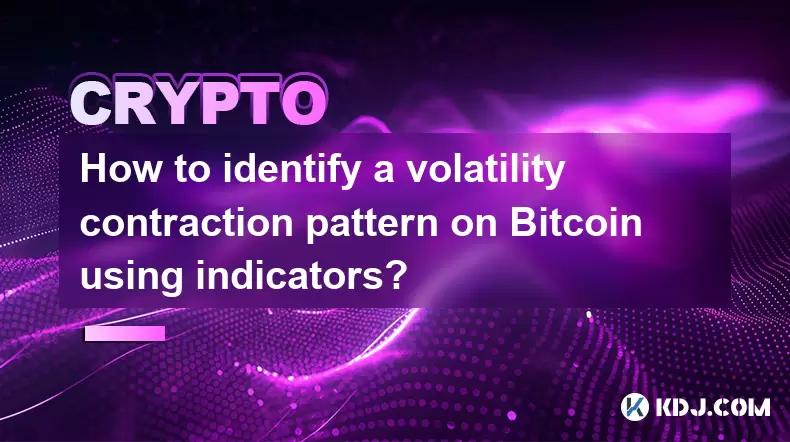
How to identify a volatility contraction pattern on Bitcoin using indicators?
Jul 07,2025 at 07:28am
<h3>What is a Volatility Contraction Pattern in Bitcoin Trading?</h3><p>A volatility contraction pattern refers to a phase where the...
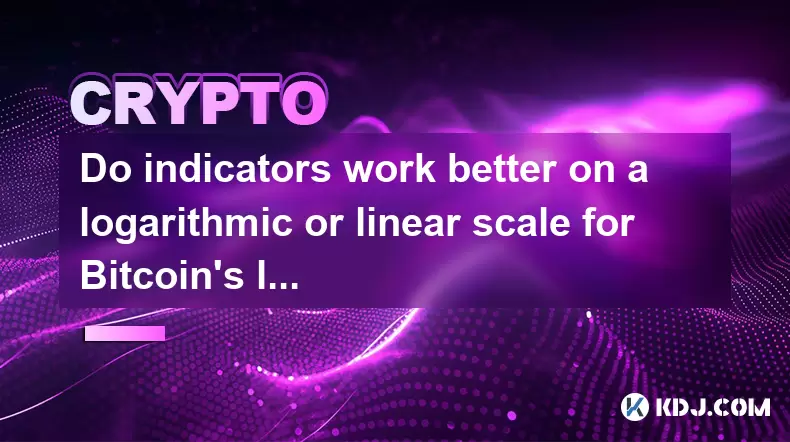
Do indicators work better on a logarithmic or linear scale for Bitcoin's long-term chart?
Jul 08,2025 at 01:42pm
<h3>Understanding Chart Scales in Cryptocurrency Trading</h3><p>In cryptocurrency trading, particularly for analyzing Bitcoin's long...
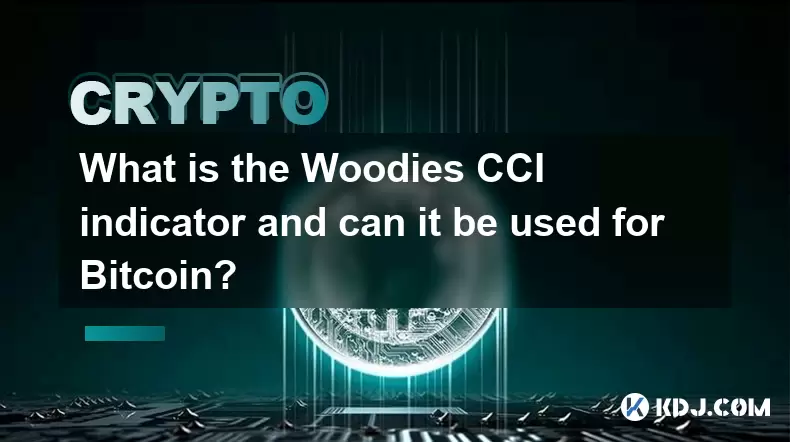
What is the Woodies CCI indicator and can it be used for Bitcoin?
Jul 04,2025 at 05:14pm
<h3>Understanding the Woodies CCI Indicator</h3><p>The Woodies CCI indicator is a variation of the traditional Commodity Channel Ind...
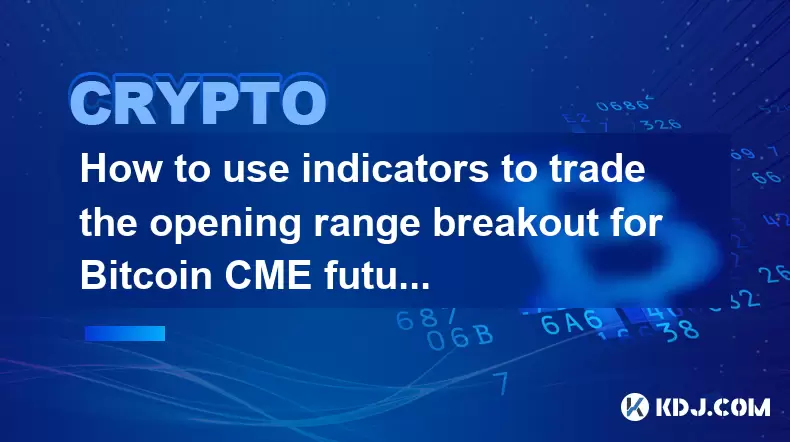
How to use indicators to trade the opening range breakout for Bitcoin CME futures?
Jul 05,2025 at 07:35pm
<h3>What Is the Opening Range Breakout Strategy?</h3><p>The opening range breakout (ORB) strategy is a popular trading technique use...
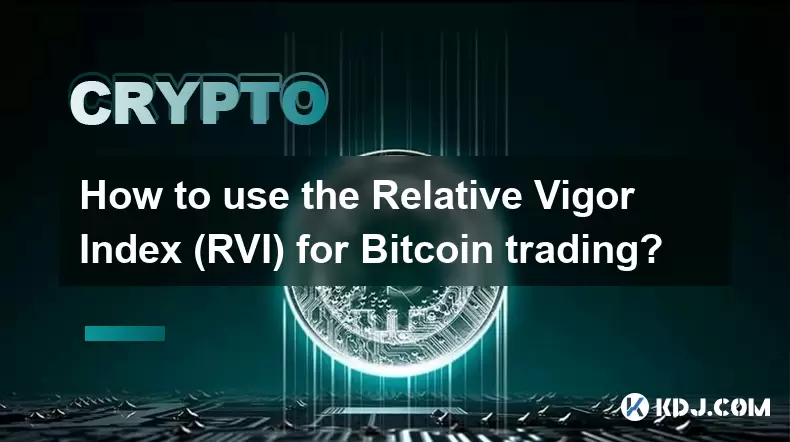
How to use the Relative Vigor Index (RVI) for Bitcoin trading?
Jul 07,2025 at 02:00pm
<h3>Understanding the Relative Vigor Index (RVI)</h3><p>The Relative Vigor Index (RVI) is a technical analysis tool used to assess t...
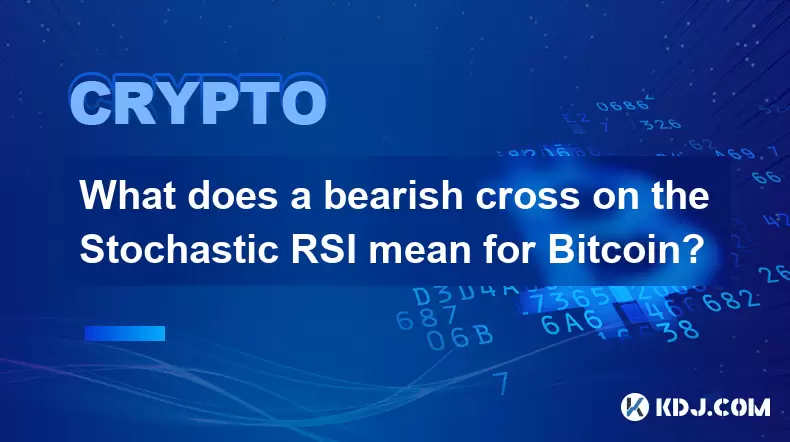
What does a bearish cross on the Stochastic RSI mean for Bitcoin?
Jul 05,2025 at 07:18pm
<h3>Understanding the Stochastic RSI Indicator</h3><p>The Stochastic RSI (Relative Strength Index) is a momentum oscillator used in ...

How to identify a volatility contraction pattern on Bitcoin using indicators?
Jul 07,2025 at 07:28am
<h3>What is a Volatility Contraction Pattern in Bitcoin Trading?</h3><p>A volatility contraction pattern refers to a phase where the...

Do indicators work better on a logarithmic or linear scale for Bitcoin's long-term chart?
Jul 08,2025 at 01:42pm
<h3>Understanding Chart Scales in Cryptocurrency Trading</h3><p>In cryptocurrency trading, particularly for analyzing Bitcoin's long...

What is the Woodies CCI indicator and can it be used for Bitcoin?
Jul 04,2025 at 05:14pm
<h3>Understanding the Woodies CCI Indicator</h3><p>The Woodies CCI indicator is a variation of the traditional Commodity Channel Ind...

How to use indicators to trade the opening range breakout for Bitcoin CME futures?
Jul 05,2025 at 07:35pm
<h3>What Is the Opening Range Breakout Strategy?</h3><p>The opening range breakout (ORB) strategy is a popular trading technique use...

How to use the Relative Vigor Index (RVI) for Bitcoin trading?
Jul 07,2025 at 02:00pm
<h3>Understanding the Relative Vigor Index (RVI)</h3><p>The Relative Vigor Index (RVI) is a technical analysis tool used to assess t...

What does a bearish cross on the Stochastic RSI mean for Bitcoin?
Jul 05,2025 at 07:18pm
<h3>Understanding the Stochastic RSI Indicator</h3><p>The Stochastic RSI (Relative Strength Index) is a momentum oscillator used in ...
Voir tous les articles

























































































